BMus (Hons) Composition for Screen
Study and create music in specialised spaces
Work alongside filmmakers, animators, actors, and game designers
Study and create music in specialised spaces
Work alongside filmmakers, animators, actors, and game designers
This course is available for applications into Year 2 or 3.
Study and create music surrounded by like-minded peers, from animators and actors to filmmakers and game designers, and collaborate on exciting projects, on our BMus (Hons) Composition for Screen degree course at UCA Farnham.
On this course, you’ll enjoy a wealth of interdisciplinary opportunities, become skilled in using the latest technologies, and enjoy building industry connections through live briefs and a work placement.
This course has contemporary practice embedded throughout, and you’ll also be encouraged to consider your work in the context of global audiences, exploring artistic practices from different cultures and countries.
Through lively and exploratory lectures, small group seminars, and one-to-one tutorials, you will be supported to develop your work and produce it professionally, and you’ll have the opportunity for it to be performed by professional musicians.
Please note, this course is only available for applications into Year 2 or 3 of the course. To apply for Year 2 please use the direct application link below. For entries into Year 3 please contact our admissions teams:
UK applicants: admissions@uca.ac.uk
International/EU applicants: internationaladmissions@uca.ac.uk
We offer a range of webinars throughout the year that Composition for Screen students may be interested in.
This includes subject talks, masterclasses, application proccess advice and student life guides. Check out our upcoming webinars and book your place today.
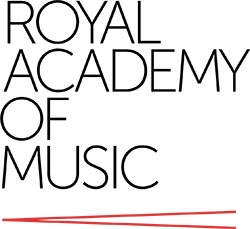
The Royal Academy of Music moves music forward by inspiring successive generations of musicians to connect, collaborate and create. They are a meeting point between the traditions of the past and the talent of the future, seeking out and supporting the musicians of today whose music will move the world tomorrow.

Steinberg is one of the world’s largest manufacturers of audio software and hardware. UCA is certified to deliver training in using its products.
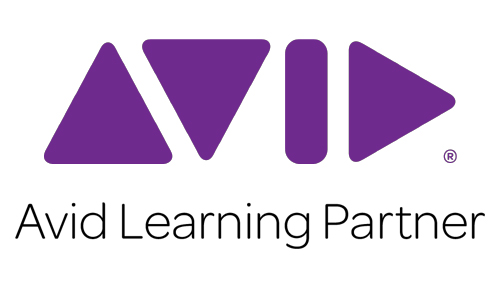
UCA is officially certified as an AVID learning partner, meaning it can train students across our film and media courses to use AVID’s range of products, including Pro Tools, and Media Composer.
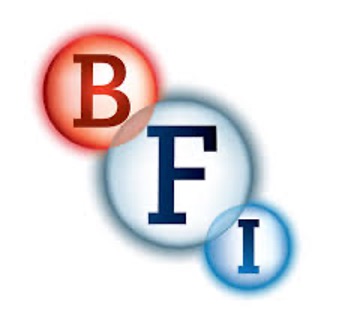
The BFI is a charity and the UK’s leading organisation for film and moving image. It promotes and supports British film from newcomers to established makers, and cares for the BFI National Archive, the world’s largest film and television archive.
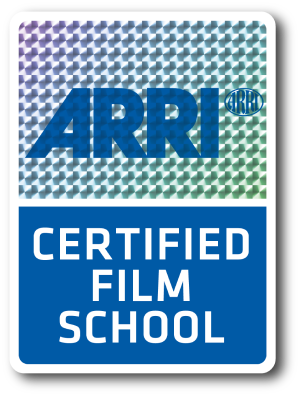
ARRI is a leading designer and manufacturer of camera and lighting systems for the film, broadcast, and media industries. The ARRI Certified Film School accreditation is awarded to institutions that meet rigorous standards of technical excellence, creative education, and professional development.
You will study the following core units:
Launch
Your Launch Week for Year 2 is an intensive course on narrative composition.
Composition and Sound Design 1: Composing in Time
This unit advances your practical understanding of music theory and composition and introduces you to the field of sound design and Foley. You’ll study advanced musical concepts pertaining to the composition, organisation, and perception of music in time.
You’ll also reconsider the recording studio as environment for capturing non-instrumental sounds to augment Foley and sound design in a post-production environment.
The Conscious Practitioner
This unit aims to promote progressive values and attitudes to diversity and inclusion in creative practice.
Opportunity
A series of talks, masterclasses and workshops from industry professionals; All year groups.
Composition and Sound Design 2: Composing in Space
This collaborative unit is intended to bring together your combined skills in music theory, composition, recording, and sound design in a group project. You’ll work to a brief to produce an original soundtrack for moving image. As a collaborative team, you will be expected to organise your time and plan efficient use of recording spaces and technical resources.
Placement / Live Brief
For this unit you will be required to research, negotiate and undertake a self-initiated work experience placement opportunity or other professional interactions within a business appropriate to the music, sound or media industries such as a “live brief” or collaboration with a student from another course. This placement or “live brief” should be designed to meet your own aspirational and identified developmental needs.
ATOM Activities
ATOM activities are small pieces of individual learning that facilitate interdisciplinary exposure across UCA, and offer a flexible, impactful learning experience. They expand your creative horizon by accessing learning topics that would not otherwise be scheduled on your course specific timetable.
PLE Digital Outcomes
The PLE Digital Outcome is a purposefully edited, self-directed record of your constructive, engagement with and presence on, digital media platforms across the year.
You will study two of the following elective units across the year.
The following electives are available at UCA Farnham:
You can also choose from the following electives offered at Maidstone TV Studios:
Launch
Your final Launch Week is about listening and sharing. Each day we will listen to an important and significant musical work in its entirety together.
Dissertation
The Dissertation is documentation of a sustained academically rigorous argument. This is normally through a written and referenced piece of writing, as might appear in a peer reviewed journal. It may be possible to do a multimedia submission, depending on your area of focus. You will develop and research an area of enquiry from which your question and title are formed. You are responsible for the topic, but it will be discussed and negotiated with your course tutor.
Music Business
The Music Business unit will enable you to develop strategies, plans and pragmatic information needed for your next steps in the music business. The unit combines general knowledge on contracts, fees and rights with bespoke mentoring. Taken together, you will create a dossier, which evidences the steps taken to prepare yourself for the future
Opportunity
A series of talks, masterclasses and workshops from industry professionals for all year groups.
Final Major Project
The Final Major Project is a culmination of your skills, passions and creativity. You will develop, in coordination with the unit leader, a brief for your project. If you are working as part of a wider collaborative team, then a defined role within the group will also be negotiated. The brief and role description set the parameters in which you your final major project will develop. It should be ambitious but achievable and framed within how you want to promote yourself as a composer, musician or music producer.
Alongside the project, you will be compiling a showreel of work to showcase your compositions thus far. The unit and year will finish with a “festival” which celebrates the compositions and projects completed for this unit.
Please note, syllabus content indicated is provided as a guide. The content of the course may be subject to change in line with our Student Terms and Conditions for example, as required by external professional bodies or to improve the quality of the course.
Each year, we’re privileged to be able to share our graduates’ incredible work with the world. And now’s your chance to take a look.
Visit the online showcasePlease note: The fees listed on this webpage are correct for the stated academic year only, for details of previous years please see the full fee schedules.
At UCA we have a number of scholarships and fee discounts available to assist you with the cost of your studies.
There are lots of ways you can access additional financial support to help you fund your studies - both from UCA and from external sources. Discover what support you might qualify for please see our financial support information.
In addition to the tuition fees there may be other costs for your course. The things that you are likely to need to budget for to get the most out of a creative arts education will include books, printing costs, occasional or optional study trips and/or project materials.
These costs will vary according to the nature of your project work and the individual choices that you make. Please see the Additional Course Costs section of the Course Information Document for more details of the costs you may incur.
Music is very much about collaborations and partnerships. The course has a wide and varied network of industry partners that provide us with performance opportunities, guest lectures, and work placements.
Some of our industry links include:
We are also an official Avid Learning Partner.
Working in sound and music often leads to a varied and interesting career, frequently moving from one field into another or using a wide range of skills on a single project. Careers directly applicable to this course include:
You may also like to consider further study at postgraduate level.
We will help you find the correct course for you and support you in your application should further study be for you.
/prod01/channel_8/media/marketing-media/quote-imagery/Arusik-Nanyan.jpg)
"I really enjoy the availability of being creative and making any of your crazy ideas become reality. Here at UCA you are provided any kind of assistance, equipment, time and space you need."
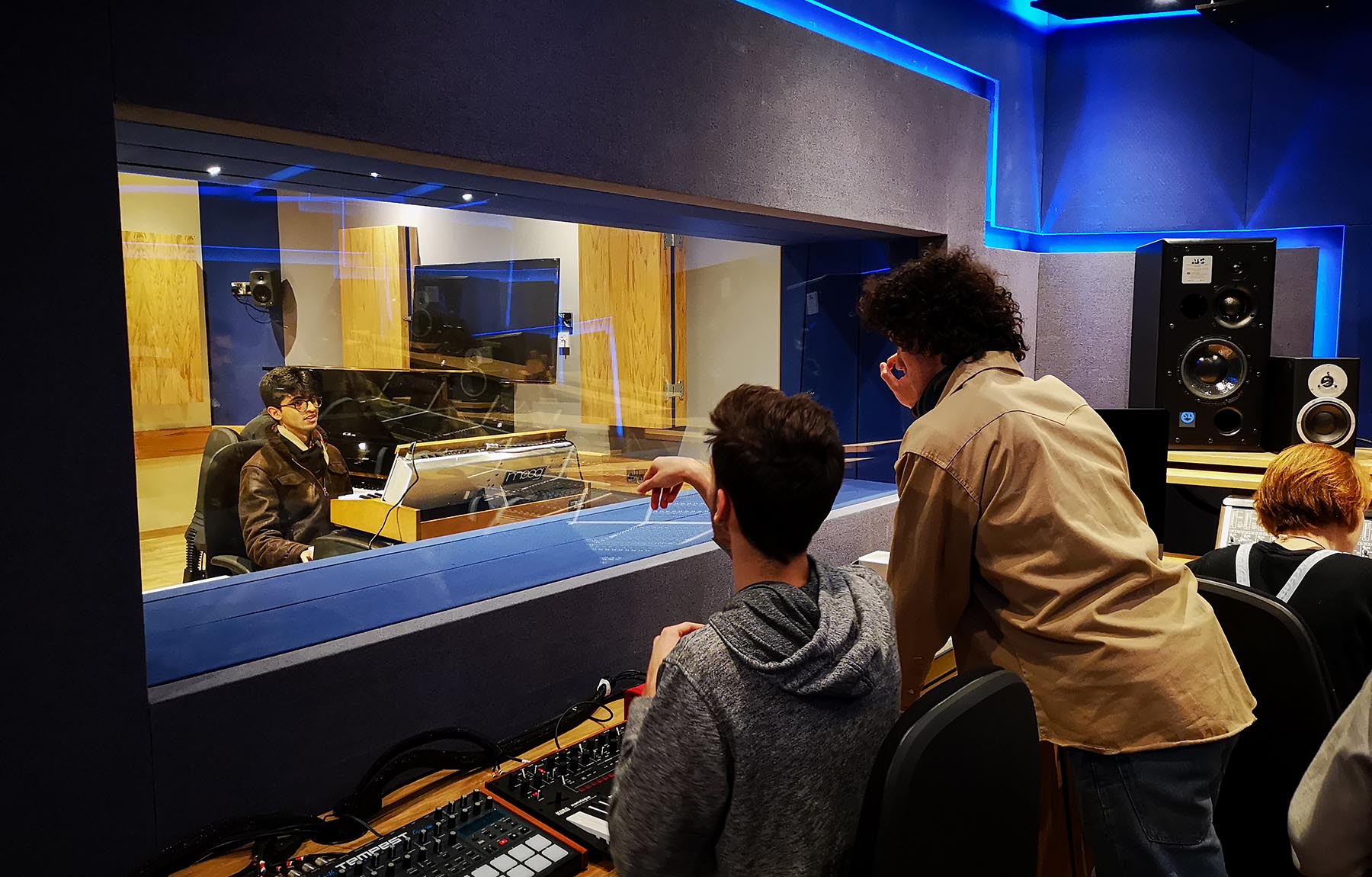
That’s a big question. Get some answers from people who are studying right here, right now.
BSc (Hons) course - Year 2*
The standard entry requirements* for this course are:
And/or Accreditation of Prior Experiential Learning (APEL)
BSc (Hons) course - Year 3*
The standard entry requirements* for this course are:
And/or Accreditation of Prior Experiential Learning (APEL)
In recognition that you may already have a relevant professional qualification, or appropriate working experience in the relevant industries, APEL may be accepted for entry on to the course. This will be based on the partnership articulations and will be assessed on a case by case basis.
Portfolio requirements
For this course, we’ll also need to see your portfolio, if you're UK-based and you receive an offer, we'd still like to meet you at an Applicant Day. Further information will be provided once you have applied.
Further information will be provided once you have applied.
*We occasionally make offers which are lower than the standard entry criteria, to students who have faced difficulties that have affected their performance and who were expected to achieve higher results. We consider the strength of our applicants’ portfolios, as well as their grades - in these cases, a strong portfolio is especially important.
BSc (Hons) course Year 2 / Year 3 entry
The entry requirements for these courses will depend on the country your qualifications are from, please contact our International Admissions team to discuss your application: internationaladmissions@uca.ac.uk
Portfolio requirements
You will be required to submit a portfolio for review. Further information on specific portfolio requirements and how to submit your portfolio will be sent to you after we have reviewed your application.
English language requirements
To study at UCA, you'll need to have a certain level of English language skill. And so, to make sure you meet the requirements of your course, we ask for evidence of your English language ability, please check the level of English language required:
/prod01/channel_8/media/marketing-media/cadell-oduola-in-birdland-by-simon-stephens.jpg)
Campus: UCA Farnham
/prod01/channel_8/media/marketing-media/campuses/farnham/facilities/film-studio-and-editing-suites/408-1222-Film-AVID-dubbing-suite,-UCA-Farnham_1.jpg)
Campus: UCA Farnham
/prod01/channel_8/media/marketing-media/student-work/undergrad-courses/design-for-theatre-amp-screen/2024/Luigi-Pozella,-BA-Design-for-Theatre-&-Screen_2025.jpg)
Campus: UCA Farnham
/prod01/channel_8/media/marketing-media/campuses/farnham/facilities/film-amp-media-centre/UCA-Recording-Studio-Control-Room-copy.jpg)
Campus: UCA Farnham
/prod01/channel_8/media/marketing-media/campuses/epsom/facilities/music-studios/UCA_epsom_9th_oct_17-1175.jpg)
Campus: UCA Epsom